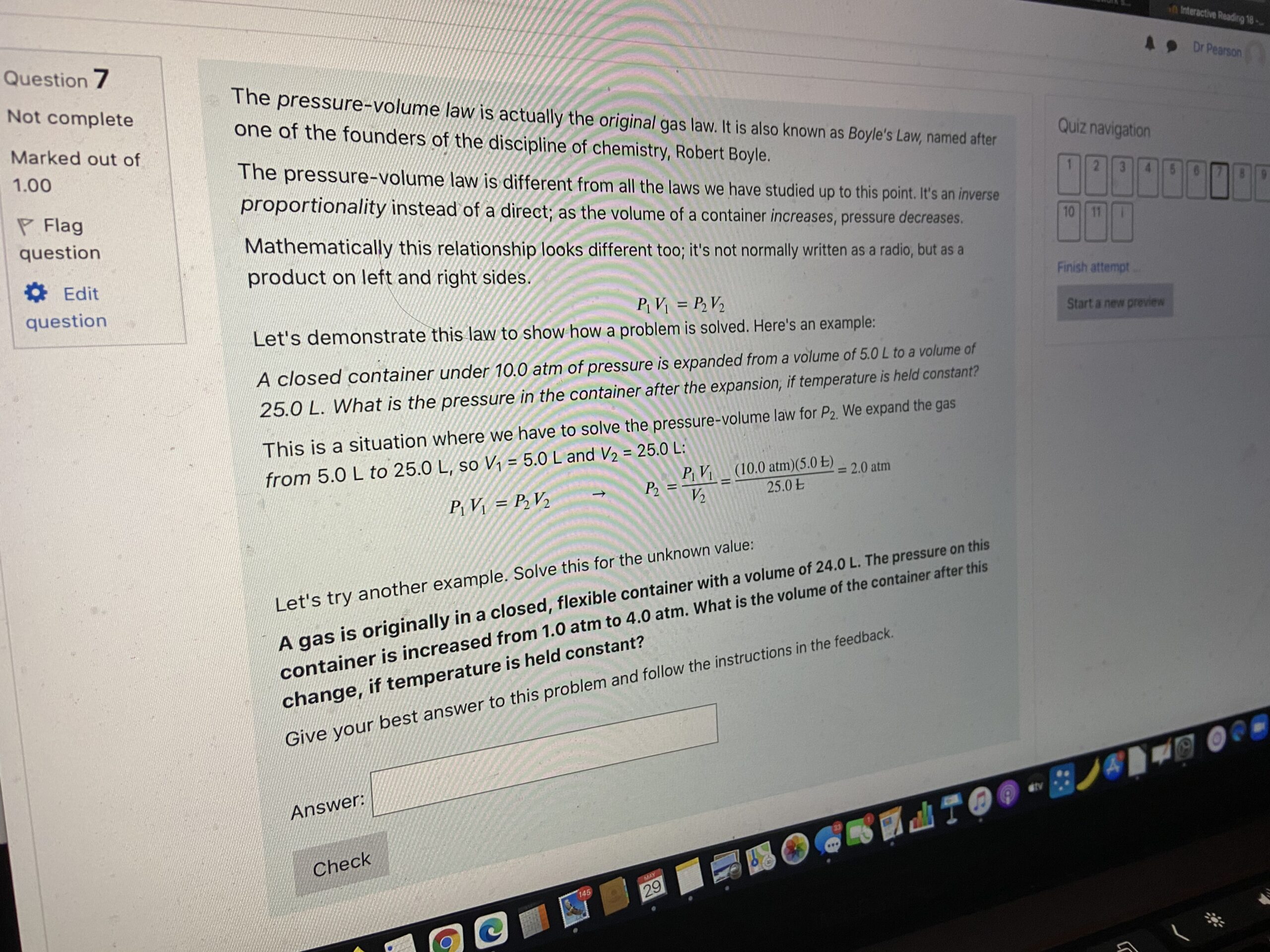The presence of online homework systems to support courses in mathematics, physics and chemistry has become ubiquitous over the course of recent decades (Bonham et al., 2001; Ziemer, 2004; Allain and Williams, 2006); the promise that these systems claim is the ease of assessment of student performance for the instructor in exchange for at least equivalent student learning. Many of these online homework systems are for-profit tools of publishers or independent providers of various sorts. These systems are not designed for long-term student benefit, but for corporate profit at the expense of availability of student performance data or access to learning materials beyond an academic unit of time. Kersey (2019) uses the phrase “closed educational resources” (CER) to describe these kinds of tools that provide only the most limited prospect of flexibility to share with others or edit course content.
Projects both historic (Martín-Blas and Serrano-Fernández, 2009) and recent (e.g. Hendricks et al., 2017; Kersey, 2019; LeBlond et al., 2019) have been undertaken to make online homework solutions available in the context of OER; however, most of the literature surrounding those efforts surround their efficacy at single institutions and do not extend to the point of sharing. It is proposed here that these efforts are merely the tip of the iceberg of many efforts of faculty to create their own homework solutions for their own courses without the benefit of credit for scholarship of teaching and learning.
The author’s own discovery of OER came long after he started creating his own homework solutions for physics teaching and learning using the Moodle learning management system in 2007, and was inspired by early work he took advantage of for teaching and learning in chemistry in 2001 (DeLorenzo, Middle Georgia College, private communication); these experiences are representative of efforts of independent instructors working out their own solutions in the name of serving their own pedagogical needs.
This proposal’s primary purpose is the start of a conversation among independent instructors, both those cited here and others working independently, in the interest of building connection among instructors both within the open education community and those who are outside of the open education community (but within communities for sympathetic open source software projects; e.g., the Moodle project). A secondary goal of this proposal is the investigation amongst such instructors of centralized projects (e.g., the LibreTexts project, formerly known as ChemWiki; Allen et al., 2015) and the interrogation of the utility of such centralized projects for providing a means of sharing resources amongst one another. Ultimately, there need to be means for greater communication of faculty who have sharable resources with one another, and greater intention towards sharing those resources for the benefit of a wider community.
References (with links provided as available)
Allain, R., and Williams, T. (2006) The effectiveness of online homework in an introductory science class. Journal of College Science Teaching, 35(6), 28-30.
Allen, G., Guzman-Alvarez, A., Smith, A., Gamage, A., Molinaro, M., and Larsen, D. S. (2015) Evaluating the effectiveness of the open-access ChemWiki resource as a replacement for traditional general chemistry textbooks. Chemistry Education Research and Practice, 16, 939-948. https://doi.org/10.1039/C5RP00084J.
Bonham, S., Beichner, R., and Deardorff, D. (2001) Online homework: does it make a difference? The Physics Teacher, 39, 293-296. Retreived from https://projects.ncsu.edu/ncsu/pams/physics/Physics_Ed/Articles/OnlineHomeworkArticle.pdf.
Hendricks, C., Reinsberg, S. A., and Rieger, G. W. (2017) The adoption of an open textbook in a large physics course: an analysis of cost, outcomes, use, and perceptions. The International Review of Research in Open and Distributed Learning, 18(4). https://doi.org/10.19173/irrodl.v18i4.3006.
Kersey, S. (2019) The effectiveness of open educational resources in college calculus. A quantitative study. Open Praxis, 11, 185-193. https://doi.org/10.5944/openpraxis.11.2.935.
LeBlond, C., Bucholtz, E., & Muzyka, J. (2019) OpenOChem: an LMS agnostic chemistry quizzing platform. Committee on Computers in Chemical Education Newsletter, 2019; retrieved from https://confchem.ccce.divched.org/2019CCCENLP3.
Martín-Blas, T., and Serrano-Fernández, A. (2009) The role of new technologies in the learning process: Moodle as a teaching tool in Physics. Computers & Education, 52, 35-44. https://doi.org/10.1016/j.compedu.2008.06.005.
Ziemer, W. (2004) WeBWorK: An open-source online homework system. In S. Cunningham and Y. S. George (eds.), Invention and Impact: Building Excellence in Undergraduate Science, Technology, Engineering, and Mathematics (STEM) Education (pp. 169-171). Washington, DC: AAAS.
